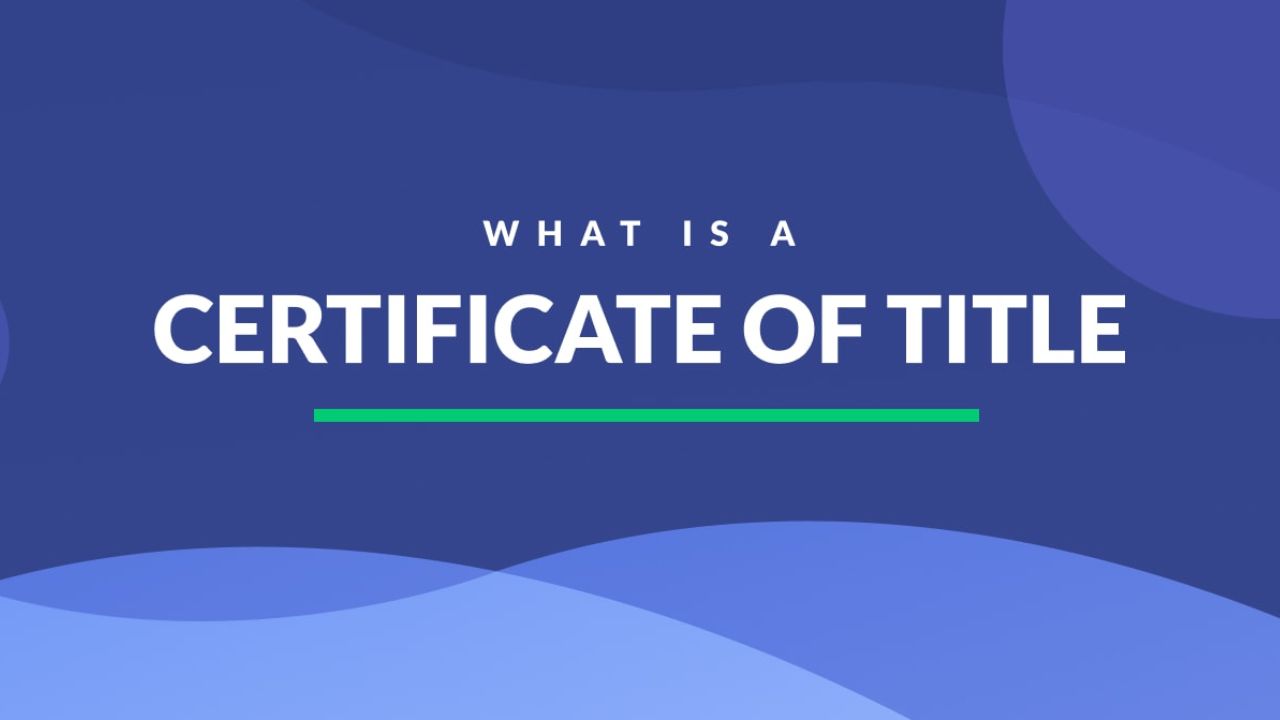Certificates: Definition, Meaning, Purpose, Benefits, & Usage
“The reflection of your accomplishments and character all in one place!” So come and find out what a certificate definition is and what purpose certificates hold!

Certificate: Certificates evoke several thoughts and emotions. If we sat down and ran through all our ideas, some of them would come out this way. What exactly is a certificate? In layman’s terms, a certificate is an official document that attests to a fact. The fact might fall into several categories. It could be related to business, education, legal matters, etc.
When a child’s certification is requested, it is typically for educational purposes. The certification is frequently shown as a certificate indicating that you have been taught, educated, and are prepared to meet specific criteria for your employment as a professional. After completing the relevant tests administered by a recognized third-party credentialing institution, you will be issued this statement.
Certificate definition
Coming to certifications for a business, A business certification might help you stand out in the job market and receive the correct wage. A savvy business professional seeks chances to move up to better their compensation, perks, and employment possibilities. Obtaining a business certification is one technique to achieve that aim. For example,
Read Also~Aadhaar Card: Features, Eligibility & Required Documents
Now talking about legal certificates, one of the examples is a death certificate. A death certificate is a document the government provides that specifies the deceased’s cause, time of death, location, and other personal information.
A death certificate may be required for a variety of reasons. It is frequently used as evidence in court. Some of the reasons are accessing pension payments, settling estates, obtaining life insurance, getting married (if a widow or widower wants to establish that their prior partner died), or planning a funeral.
Purpose of Certification:
A certificate demonstrates that you have specific knowledge, talents, and competencies and that you meet a set of standards or requirements. An impartial third party, such as a learning institute, always bestows a certificate or certification.
Certifications are sometimes required in legal proceedings to back up court papers or legal formalities. It also adds to your work profile when you have had a gap in your job history; certificates can help.
You might excuse the job gap by mentioning the professional credentials you obtained. It also demonstrates to the recruiter that you can work well with others, have a thorough grasp of the subject matter, and are a lifelong learner.
Read Also~BCCI Takes Action – Odisha Cricketer Banned for Age Fraud
A certificate can bring you both joy and sorrow. Grief is associated with something regarded as a death certificate; no one ever wants to go and issue a certificate of demise for someone close, which legally confirms that the individual is no more, yet a certificate of passing an exam or a birth certificate might mean the world to someone. It’s odd how certificates are needed to verify things legally, but it’s all part of the process.
